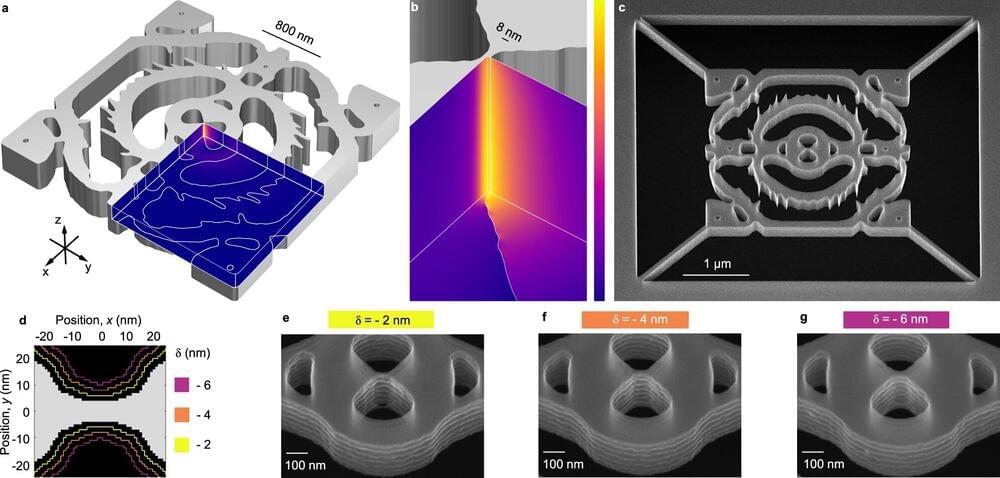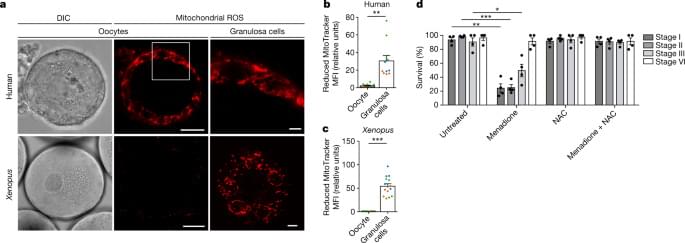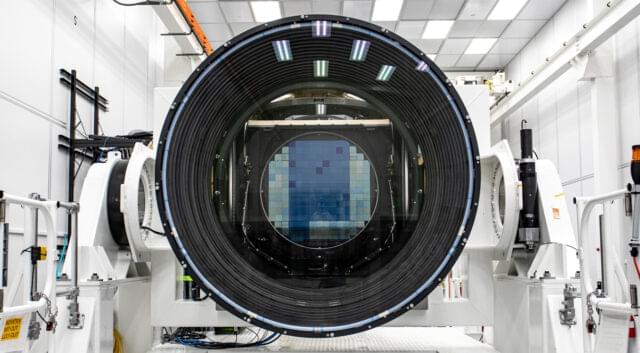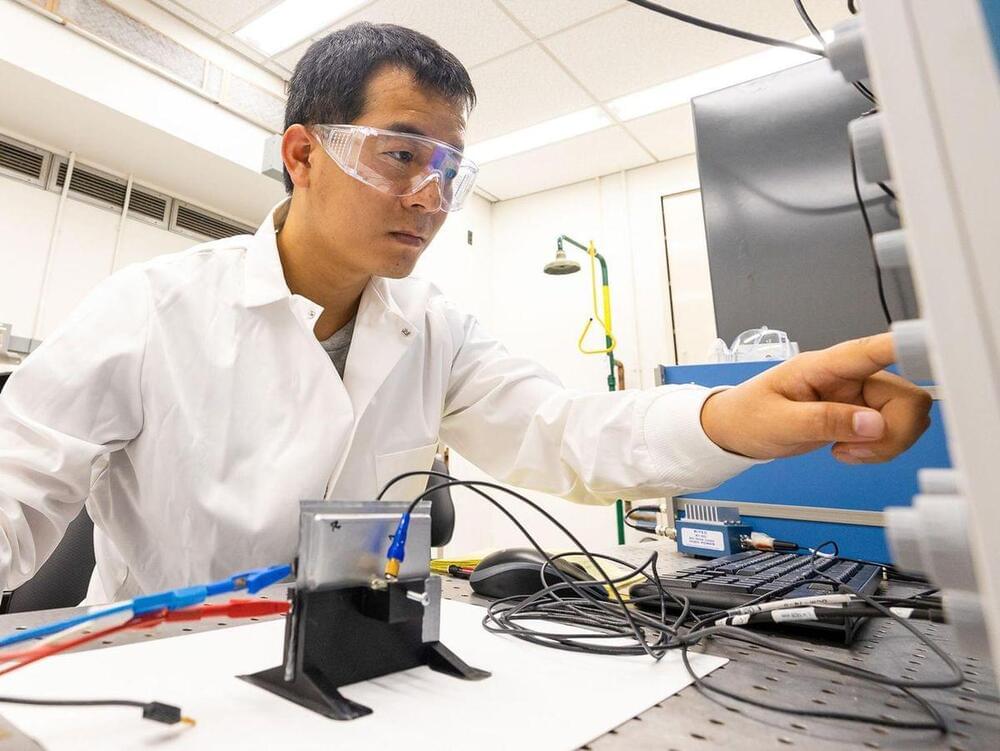Until recently, it was widely believed among physicists that it was impossible to compress light below the so-called diffraction limit (see below), except when using metal nanoparticles, which unfortunately also absorb light. It therefore seemed impossible to compress light strongly in dielectric materials such as silicon, which are key materials in information technologies and come with the important advantage that they do not absorb light.
Interestingly, it was shown theoretically in 2006 that the diffraction limit also does not apply to dielectrics. Still, no one has succeeded in showing this in the real world, simply because no one has been able to build the necessary dielectric nanostructures until now.
A research team from DTU has successfully designed and built a structure, a so-called dielectric nanocavity, which concentrates light in a volume 12 times below the diffraction limit. The result is groundbreaking in optical research and has just been published in Nature Communications.








